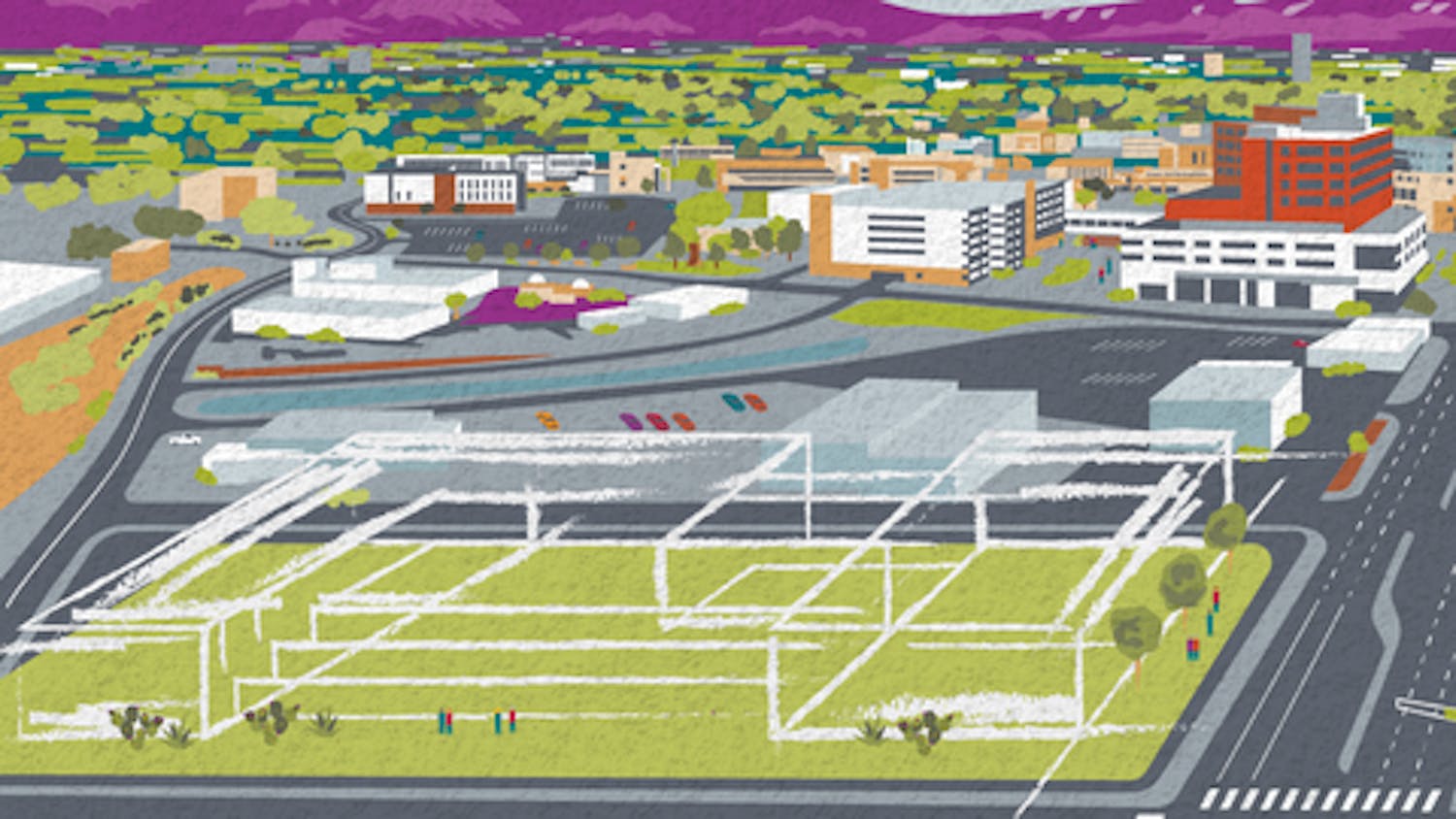Messages of peace resonate from many religious leaders in the UNM community as people turn to their faith for answers in response to the Sept. 11 terrorist attacks.
Father Robert Keller, pastor of the Aquinas Newman Catholic Center at UNM, said the question of retaliation is difficult.
"Can we retaliate in terms of vengeance? If that's the idea of what retaliation is, the answer is no," Keller said. "There are no conditions in which vengeance is permitted."
Keller said he couldn't discuss retaliation as either a Catholic or an American. He said he has to incorporate both when dealing with such a controversial subject.
"For the Catholic tradition, we do have the elements of both justice and mercy," he said. "And justice would say actions that take innocent lives, actions that threaten the welfare of a people or society must be stopped. However, for the most part, we have to leave a lot of that to God."
The Catholic Church believes in protecting lives and violence is not an option, Keller said.
Get content from The Daily Lobo delivered to your inbox
"In terms of the question of retaliation, especially looking at it in terms of violence or vengeance, that has never been promoted by the church," he said.
The Catholic community throughout the world is trying to promote a different type of healing rather than through retaliation, Keller said.
"At a time like this, we need to see that how we act as citizens through the mourning and anger process should be upright," he said. "According to the church, there is justice to be done but this justice is done within the realm of saying life is in God's hands."
Dina Berger, a Rabbinic student, is the director of UNM Hillel, the Jewish community on campus. She said she has also given thought to the issue of retaliation.
"My concern is that our country was going full force to bomb something and that seemed like not a place of Tzedek, which means justice in Hebrew," Berger said.
She said her reasoning is based on the Jewish idea of justice.
"In the Jewish tradition, there is a lot to be said about acting out our anger," she said. "The process of not acting out of an angry place but acting out of a place of justice is the Jewish belief."
Berger said she was worried about the reaction of the U.S. government during the first few days after the bombing.
"We are all here to pray for shalom, or to pray for peace," she said, "which also means that we don't sit back and wait for evil to come get us. But that notion of going out and bombing Afghanistan those first few days was horrifying."
Although the Jewish tradition does believe in justice, Berger said they do not believe in the idea of revenge.
Berger said that democracy is very important to many Jewish followers.
"Citizens must be involved in what their government is doing because we cannot afford to give too much power to one body, or to one person," she said.
Berger said that although this is a time of mourning and sadness, the Jewish community sees this as a way of recognizing what needs to happen.
"Now that we've got the attention of the whole world and we're all working together, maybe this is the time we should commit our hearts to peace," Berger said. "Just like we can go in and create destruction of life, we can go in and create saving of life."
Michael Weinman, a member of the Muslim community in Albuquerque and a doctoral student in the Communication and Journalism Department, said as a Muslim, he has a different way of looking at war.
"Until I came to this country, I was in and out of wars all my life," Weinman said. "I see war as something that humans have been doing. What scares me more than war is the technology that people have developed that make the wars much more brutal than they ever were."
Weinman said that retaliation is part of human nature.
"As a human being, retaliation is our nature," Weinman said. "If somebody violates you, the first thing you say is, `I'm going to get that person.'"
Weinman said the teachings of Islam say that retaliation is something that needs to be monitored closely if used at all.
"The main thing about retaliation that Islam is teaching me and teaching Muslims, and hopefully teaching everybody that listens to it, is that if you have to retaliate, do not over retaliate," Weinman said.
Although the Muslims believe that retaliation may be appropriate at times, peace is the overall belief, Weinman said.
"The Quran says as our guidance, if you know what's good for you, you'll forgive instead," Weinman said. "An example of retribution in Islam is just forgiving. As long as you don't aggress against me, let's forget it all, let's have peace."





